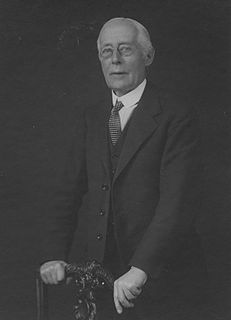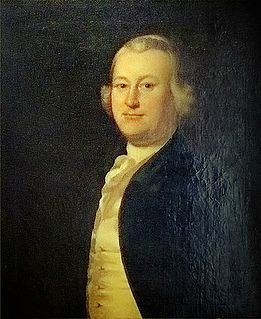A Quote by Edward Jenks
Whatever else the Norman Conquest may or may not have done, it made the old haphazard state of legal affairs forever impossible.
Related Quotes
I may not be funny. I may not be a singer. I may not be a damn seamstress. I may have diabetes. I may have really bad vision. I may have one leg. I may not know how to read. I may not know who the vice president is. I may technically be an alien of the state. I may have a Zune. I may not know Excel. I may be two 9-year-olds in a trench coat. I may not have full control of my bowels. I may drive a '94 Honda Civic. I may not “get” cameras. I may dye my hair with Hydrogen Peroxide. I may be afraid of trees. I may be on fire right now. But I'm a fierce queen.
The old Indian teaching was that is is wrong to tear loose from its place on the earth anything that may be growing there. It may be cut off, but it should not be uprooted. The trees and the grass have spirits. Whatever one of such growth may be destroyed by some good Indian, his act is done in sadness and with a prayer for forgiveness because of his necessities.
Whatever man may stand, whatever he may do, to whatever he may apply his hand - in agriculture, in commerce, and in industry, or his mind, in the world of art, and science - he is, in whatsoever it may be, constantly standing before the face of God. He is employed in the service of his God. He has strictly to obey his God. And above all, he has to aim at the glory of his God.
The laws of war, that restrain the exercise of national rapine and murder, are founded on two principles of substantial interest: the knowledge of the permanent benefits which may be obtained by a moderate use of conquest, and a just apprehension lest the desolation which we inflict on the enemy's country may be retaliated on our own. But these considerations of hope and fear are almost unknown in the pastoral state of nations.
The state exists for man, not man for the state. The same may be said of science. These are old phrases, coined by people who saw in human individuality the highest human value. I would hesitate to repeat them, were it not for the ever recurring danger that they may be forgotten, especially in these days of organization and stereotypes.





































